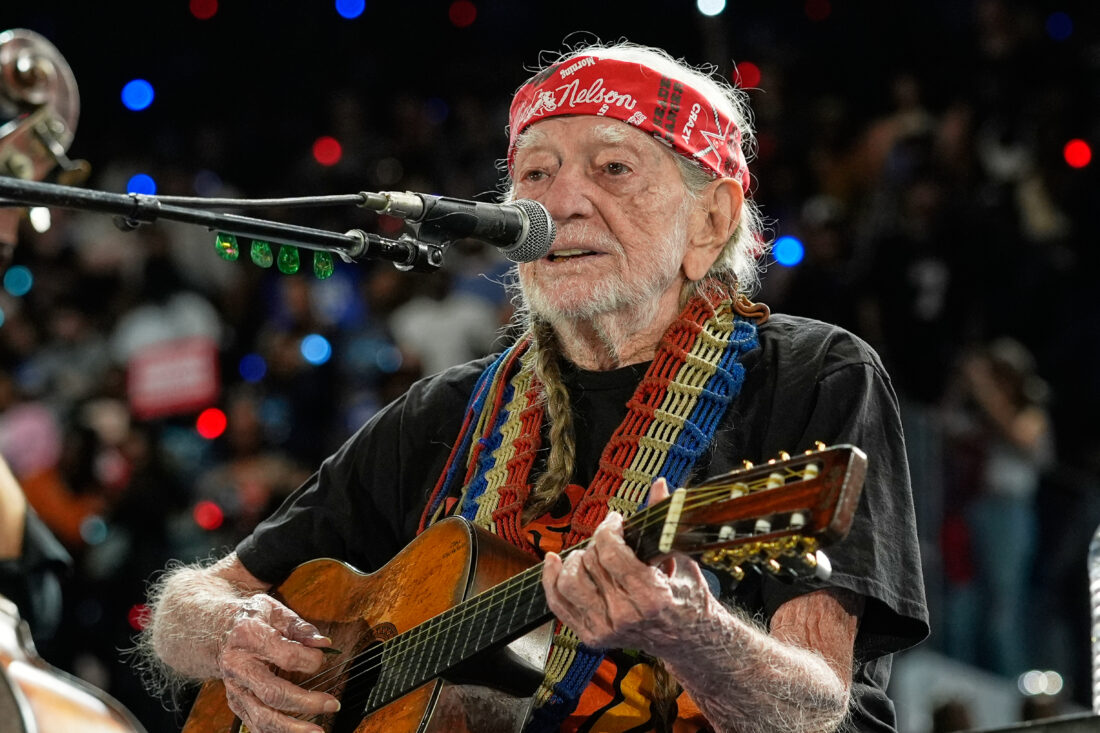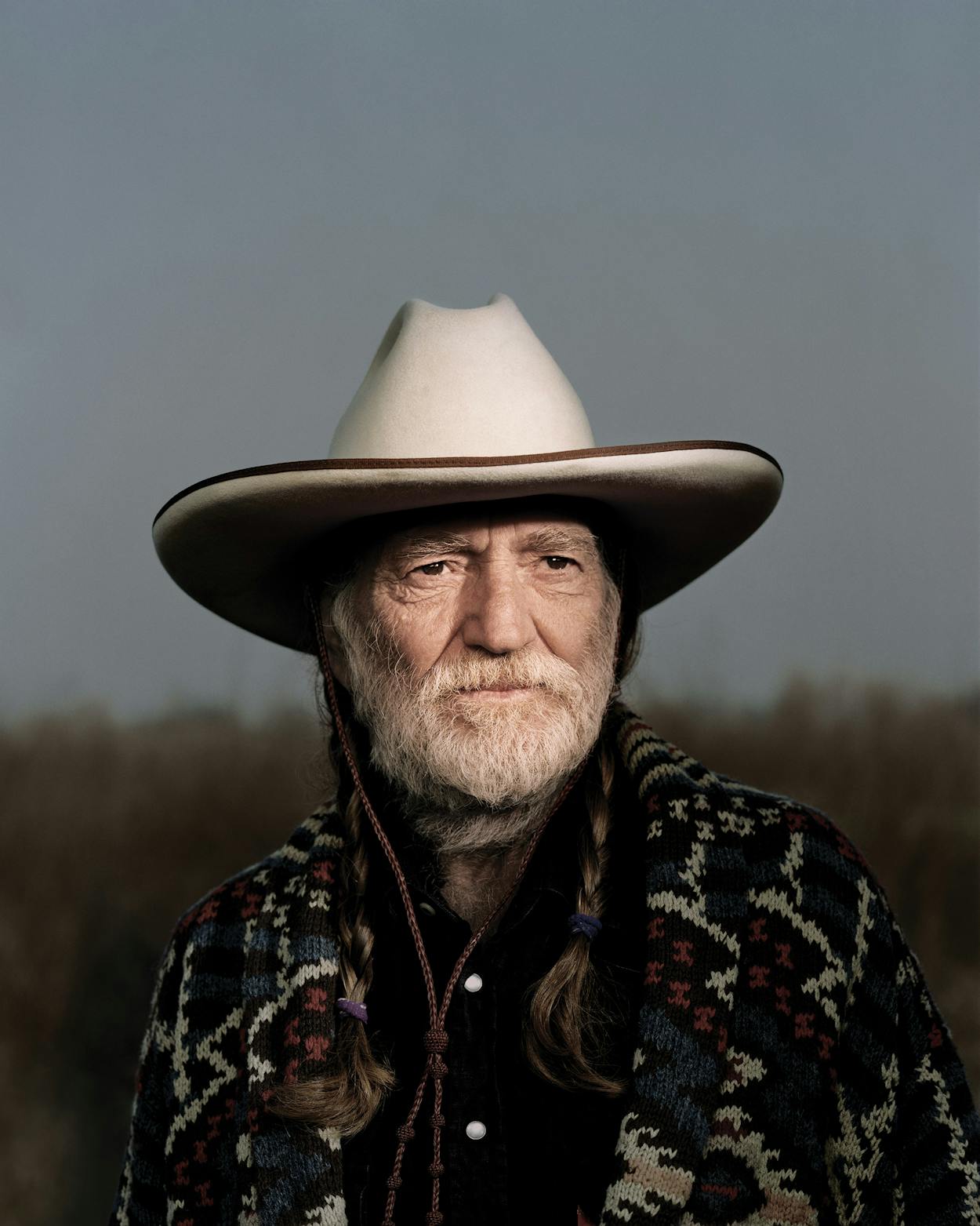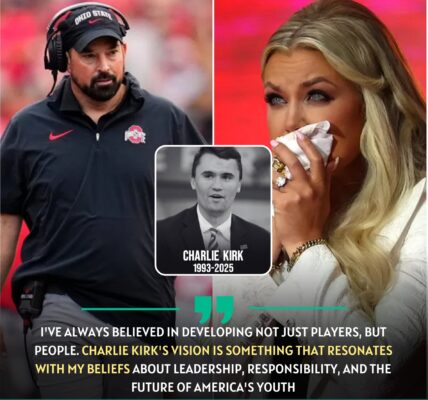The Story Behind “Always On My Mind”
There are songs that don’t just get sung—they find you. “Always On My Mind” is one of those songs. It’s a tune that seems simple at first, almost quiet in its approach, but the more you listen, the more it seems to know things about your heart you didn’t even realize. For Willie Nelson, the song didn’t announce itself with a big fanfare. It crept into his life, unassuming, and then it stayed, quietly insisting that it had a story to tell—and that he was the one to tell it.
The origins of the song are as humble as they are fascinating. Three friends—Wayne Carson, Johnny Christopher, and Mark James—had been working on tunes in their own ways, each with a different approach to writing. Wayne Carson, in particular, liked to start with a melody.

He believed that if the melody was “singable,” the words would follow naturally. One afternoon, sitting at his home in Springfield, Missouri, he began piecing together a tune that felt personal, almost confessional. There was a certain honesty to it, a sense that everyone who had loved, lost, or regretted something might find a bit of themselves in the music. Carson wrote the first two verses and then called on friends to help complete it. Johnny Christopher wandered in to see if he could lend a hand, and Mark James, fresh from other successes in the music world, joined as well. Together, they shaped what would become the unforgettable bridge, the final piece that gave the song its quiet, aching power.
Even then, there was no guarantee anyone would hear it. When the team played it for producers, reactions were mixed. Some thought the world wasn’t ready for it yet. It was a song about reflection, about subtle regret, about the moments you can’t take back. There was no flashy hook, no immediate show-stopping chorus—just honesty wrapped in melody. But sometimes, honesty has a way of cutting through everything else.
It wasn’t long before Brenda Lee recorded her version in 1972. Then Elvis Presley tried his hand at it, giving the song a gentle, aching edge. Yet for Willie Nelson, the song had a different energy—it felt like it was waiting for him. According to those who were there, Johnny Christopher played it for Willie while they were working on sessions for the Pancho and Lefty album with Merle Haggard. Willie sat quietly, listening, letting the music settle in. There was something familiar about the phrasing, the way it lingered on the notes just long enough to make you think. Merle, at the time, didn’t see what Willie did; he was focused on the duet project, and perhaps this was just a moment for Willie alone. But Willie knew. Some songs don’t ask permission—they just make themselves at home.

Recording it was another adventure. Willie’s studio in Austin, Texas, was brand new at the time, full of promise but not yet polished. The first takes of the song didn’t quite capture what it needed. The piano sounded strange at first, almost too sharp in some places, too soft in others. But Willie, ever patient and intuitive, let it grow organically. He played around with the phrasing, letting his voice bend and linger on certain words, stretching syllables just long enough to make them ache. Sometimes the magic is in those little imperfections—the moments that feel like the song is breathing along with you.
Willie’s family, especially his wife Connie and daughters, watched him work. Their encouragement was quiet but persistent, a reminder that some things are worth nurturing even when the outcome isn’t guaranteed. One of the most fascinating aspects of this song’s journey is that no one, not even its original writers, could have predicted the heights it would reach once it met Willie’s voice. There was a chemistry there, something almost mystical, that gave the song a life of its own.
When it finally emerged from the studio, it was as if the song had always existed somewhere, waiting for the right voice to tell it. Willie made it the title track of his new album, a decision that felt natural in hindsight, though it might have seemed risky at the time. But Willie had always been guided more by feeling than by formula, and he trusted that instinct. He knew that a song like this needed space, needed time, needed to be heard with the kind of quiet attention that only a listener willing to pause could give.
The reception was extraordinary, though not immediate in a flashy sense. It climbed the charts, certainly, but its enduring power came from how people connected with it. Fans would tell stories of listening to it on long drives, in quiet rooms, or late at night when reflection comes unbidden. “Always On My Mind” wasn’t just a song you played; it was a song you felt, almost like a companion through the small regrets and lingering loves of life. And that is the mark of a classic.
Part of what makes the song so remarkable is its universality. It doesn’t tell a specific story with dates and names; it doesn’t rely on spectacle or dramatic flair. Instead, it asks the listener to inhabit the emotion, to recognize their own heart in its quiet admissions. That’s why it worked for Brenda Lee, for Elvis, and ultimately, for Willie. Each version brought something slightly different, but Willie’s had a sense of lived-in reflection, a maturity tempered by warmth and subtle humor. He understood that part of the song’s beauty lay in leaving room for the listener to insert their own experience.

Even decades later, “Always On My Mind” continues to captivate. Its journey—from the small rooms in Missouri where Carson first strummed the chords, to Austin’s studio where Willie coaxed the life out of it, to listeners around the world—is a testament to the power of songs that are patient enough to find their voice. There’s a kind of quiet magic in that, a reminder that sometimes, the best things in life aren’t rushed, aren’t forced, and aren’t immediately understood. They arrive in their own time, and when they do, they change everything.
Willie’s rendition, in particular, has endured not just because of his fame or the production behind it, but because of the honesty he brought to it. You can hear the reflection in his voice, the gentle awareness of mistakes made, the tender acknowledgment of love and memory. It’s the kind of performance that invites curiosity: how did this song come to be? Why does it feel so personal, even if it isn’t yours? And when you dig a little deeper, the story only makes it more intriguing—the friendship of the writers, the unexpected advice to add a bridge, the serendipitous moment when Willie heard it and knew it was his.
“Always On My Mind” is a lesson in patience, in intuition, and in letting the right voice meet the right song at the right time. It’s about noticing the small details—the way a piano can sound off at first, the way encouragement can come in quiet nudges, the way a song can linger in the heart before anyone even realizes it. And ultimately, it’s about the human experience: regret, reflection, love, and the hope that we’re remembered in the ways that matter most.

For Willie Nelson, the song became a defining moment—not because it was a hit, though it certainly was, topping the country charts and touching audiences worldwide—but because it connected deeply. It was a reminder that some music isn’t about spectacle or trends; it’s about honesty, emotion, and the way a few notes and words can capture a lifetime of feeling.
Even today, listeners return to “Always On My Mind” and discover something new. A nuance in the phrasing, a slight hesitation in a note, a quiet warmth that reminds them of their own lives. That is the enduring magic of the song, and of Willie’s voice: timeless, patient, and alive with the small, honest truths that make music more than entertainment—it makes it life itself.
In the end, the story of “Always On My Mind” is as much about the song as it is about the journey it took to find the right home. From a small Missouri room, to a studio in Austin, to the hearts of millions, the song proves that sometimes, the most powerful stories are the ones that unfold slowly, quietly, and insistently, until they find the perfect voice to tell them. And for Willie Nelson, that voice was his all along.




